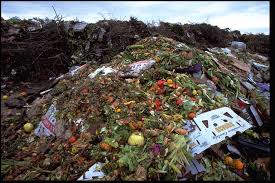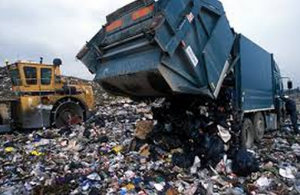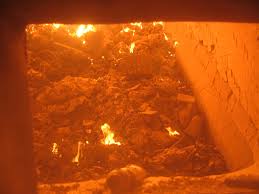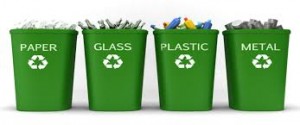It seems the more we create the more we throw away. Early humans did not produce as much garbage as modern humans. During the pre-modern era, most of the waste produced was either ashes or human biodegradable waste which could be released back into the land without causing much harm to the environment. In the years that have passed since mankind began to evolve, especially since after the Industrial Revolution, waste is something we see everywhere. It’s on the streets, in our houses, dirtying our land and polluting our water. It is in its own particulate form infiltrating our air, the very air that is meant for our survival. It is the plastic bags we don’t reuse, the aluminium and tin cans we dispose of after downing our beverages, and the paper we don’t recycle. And all these are going to result in the kind of dire consequences no one thought something as supposedly insignificant as not segregating their household waste could lead to.
The issue of improper waste disposal has a lot more relevance in our lives than we realise. It is important for our health, our environment, and the aesthetic beauty of our surroundings. Humans produce a lot more waste than any other species on the planet and we need to learn to store and manage it properly to prevent damage to the Earth’s ecosystem. How we dispose of our wastes directly affects our environment. Improper disposal of waste can create disease causing pathogens and thus can have effects on human health ranging from skin diseased to other health hazards. Additionally, it can have a wide range of impacts on our natural surroundings.
There are different methods of solid waste management that have to be chosen among carefully depending on factors such as nature of waste, amount of waste, and geographical factors.
The most common way to manage solid waste is inarguably landfills. Landfills are usually dug at old abandoned mining sites or quarries. The method involves layering the waste in thin spreads before compacting it, after which it is covered with a layer of soil. More layers of earth are added over time. While landfills are very cost-effective and hence the most practised, they have environmental downsides. They give off hazardous gases and could possibly contaminate groundwater of the land nearby. Therefore landfills should be properly lined and should not come in contact with the adjoining area.
The second method, incineration, also referred to as thermal treatment, comprises the controlled burning of waste at high temperatures. Incineration facilities can be built in a small space and process a large amount of waste, hence saving a lot of space as compared to landfills. The volume of the waste can be reduced by more than half, and moreover, incineration can also provide for a continuously available alternative source of energy. The waste is transformed to heat, ash, gas and steam and this method is widely used in countries with limited space such as Japan. Unfortunately, the high cost of installation of an incinerator presents a problem. Another obvious disadvantage of incineration is the release of toxic gases, such as dioxins which can even be carcinogenic.
Composting is the most natural process of waste disposal. In composting, the waste simply breaks down into organic compounds that can be used as manure or fertiliser. Organic wastes such as fruit peels and skins, yard trimmings, manures, food wastes, etc. once acted upon by microorganisms can be used as soil enhancers or a medium to grow plants. Some challenges faced by taking up composting include foul odour, the need for a composting area and the release of greenhouse gases. Although it is a big change to make, once composting is made into a habit, its benefits far outweigh its drawbacks. It is definitely a method to be seriously considered.
A very well-known way to manage solid waste is recycling. Recycling works on the principle of not completely disposing of anything that could be used and not introducing new, unnecessary raw materials which would need to be disposed of later. Recycling can be done by everyone and is encouraged everywhere. Small things like carrying your own reusable shopping bag to the supermarket instead of using plastic bags each time and separating your trash at home can contribute to reducing the amount of total waste generated by everyone. Reducing the volume of our waste is a great first step to dealing with the problem of waste management. Materials such as paper, glass, aluminium, etc. that can be recycled should be recycled. It has several advantages. You could save money. You could save resources. You could reduce the amount of waste created. As easily as by recycling, we could lessen the strain on the environment. Thus, recycling is an important idea to minimise the waste generated by us today and better deal with whatever we create anyway.





Leave a Reply